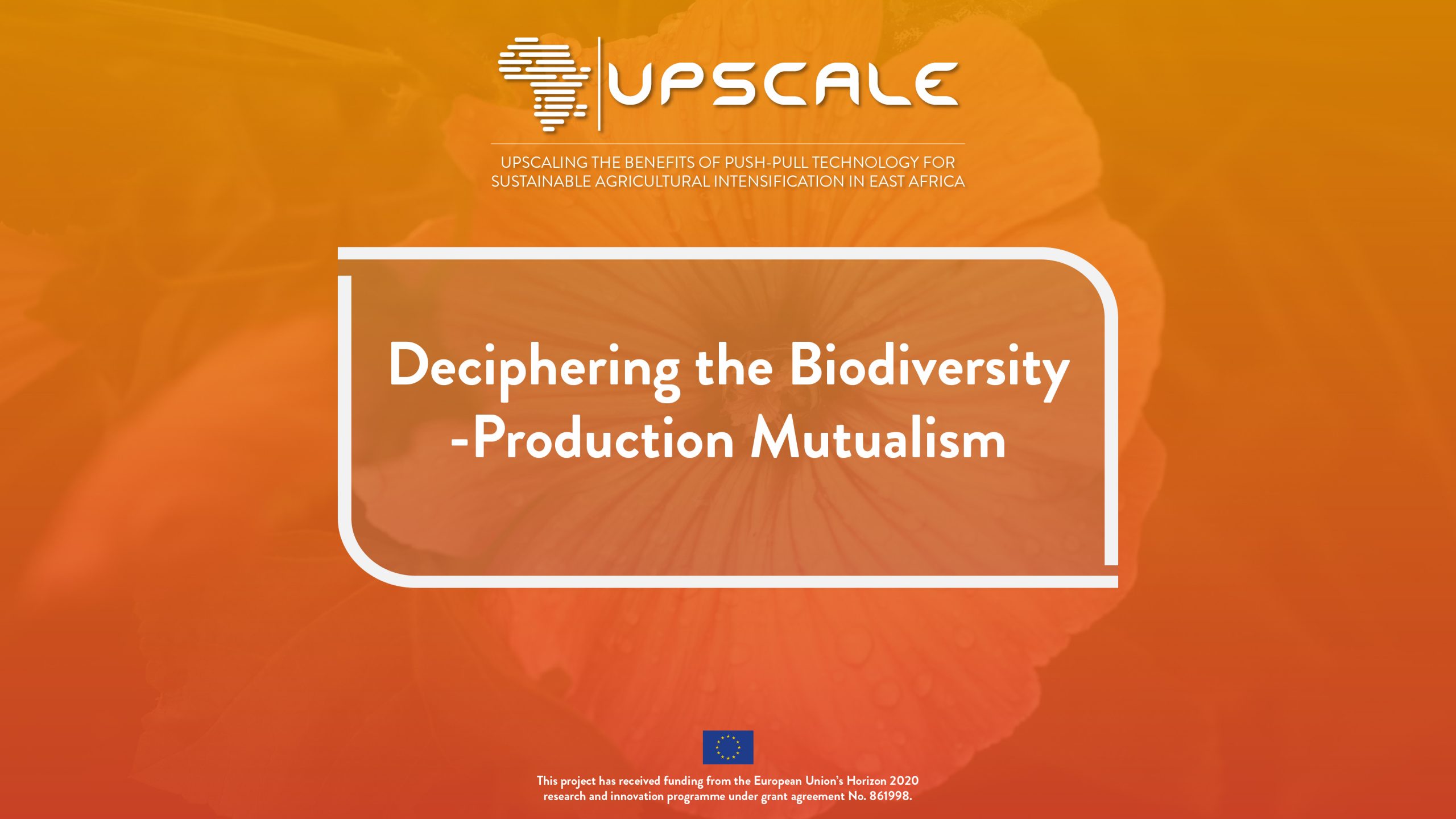How can we manage our planet, so we produce enough healthy food without destroying our life- support system? How are increasing demands for agricultural commodities resulting in offsetting biodiversity conservation?
The answer to these and many other questions is provided in a new publication in Trends in Ecology and Evolution. Alongside Ralf Seppelt, Channing Arndt, Michael Beckmann and Thomas W. Hertel, the UPSCALE coordinator from Leibniz Universität Hannover, Emily A. Martin co-authors new paper “Deciphering the Biodiversity–Production Mutualism in the Global Food Security Debate” [1] for a comprehensive analytical framework including application to Sub-Saharan Africa.
The publication, now listed as part of the reading list of the UN Food Systems Summit 2021, lays out a comprehensive analytical framework accounting for multitrophic biodiversity-production processes; bridges disciplinary boundaries between agronomy, agroecology, economics, and conservation science; and elucidates the strong interactions of ecosystem functioning with food security and malnutrition. By applying consistent frameworks which take into account all aspects of the biodiversity-production mutualism (BPM), research merges with agroecological principles in global food systems providing informed assessments of green total factor productivity (TFP) and contributing to avoidance of lock-ins in the global food chain due to over-intensification and biodiversity loss.
[1] Reference: Seppelt, R., Arndt, C., Beckmann, M., Martin, E.A., Hertel, T. 2020. Deciphering the biodiversity-production mutualism in the global food security debate. Trends in Ecology and Evolution, 35, 1011-1020
Take 5 minutes and look at the video to find out more!


